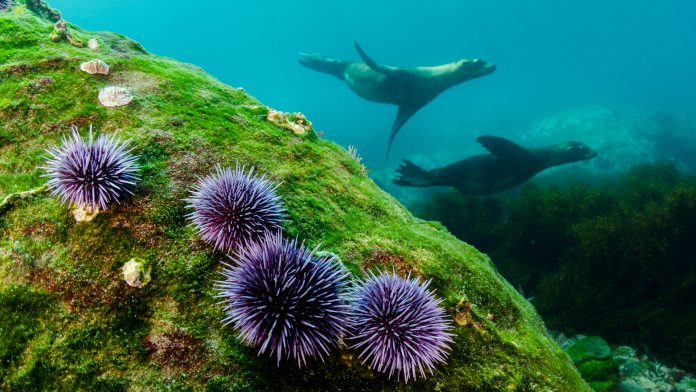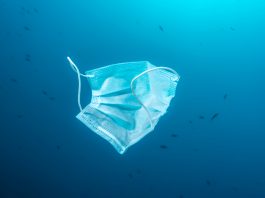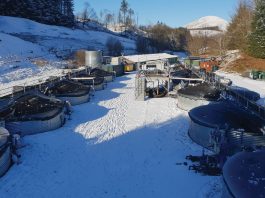New research by the University of Exeter, UK, shows plastic pollution in the ocean can release chemicals that cause deformities in sea urchin larvae.
To determine the impact of plastic pollution in the ocean on sea urchins, scientists soaked various plastic samples in seawater then removed the plastic and raised sea urchin embryos in the water. The research team discovered that urchins developed a variety of abnormalities, including deformed skeletons and nervous systems.
These abnormalities were caused by chemicals embedded in the plastics leaching out into the water. The plastic-to-water ratio in the study would only be seen in severely polluted places, but the findings raise questions about the wider impact of plastic contaminants on marine life.
Flora Rendell-Bhatti, of the Centre for Ecology and Conservation on Exeter’s Penryn Campus in Cornwall, said: “We are learning more and more about how ingesting plastic affects marine animals. However, little is known about the effects of exposure to chemicals that leach into the water from plastic particles.
“This study provides evidence that contamination of the marine environment with plastic could have direct implications for the development of larvae, with potential impacts on wider ecosystems. Our work contributes to the growing evidence that we all need to help reduce the amount of plastic contamination released into our natural environment, to ensure healthy and productive ecosystems for future generations.”
In this study, the team used pre-production plastic pellets from a UK supplier and ‘floating filters’ (used in water treatment) found on beaches in Cornwall, UK. For the tests, each plastic type was soaked in seawater for 72 hours, then the plastic was removed. Analysis of the water showed all samples contained chemicals known to be detrimental to development of animals, including polycyclic aromatic hydrocarbons and polychlorinated biphenyls.
The different kinds of plastic affected urchin development in slightly different ways, though all water from sample types led to deformity of skeletons and nervous systems and caused problems with gastrulation (when embryos begin to take shape).
The researchers say most plastics may have similar effects as those in the study, so the findings emphasise the importance of finding alternatives to replace harmful additives and reducing overall marine plastic pollution.









